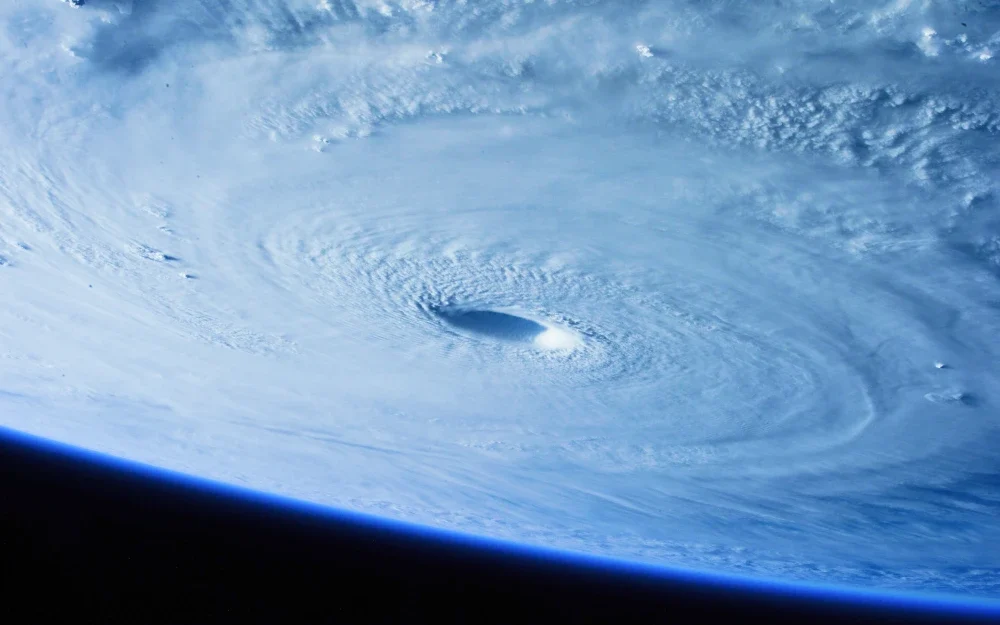Introduction
The names Katrina, Sandy, or Harvey might instantly bring vivid images to your mind. But why do we name hurricanes in the first place? The tradition of naming these storms goes beyond mere identification; it has a significant psychological impact that shapes how we respond to these natural disasters. Understanding the methodology behind how hurricanes are named is pivotal to appreciating both the historical practices and the nuanced psychological aspects involved.
Giving hurricanes names is not just about categorization; it’s about making these formidable forces of nature more relatable and memorable. The psychological benefits of naming hurricanes are crucial in public awareness and safety efforts. Humanizing these storms gives them a presence that demands our attention and action.
Origins of Naming Hurricanes
Historically, hurricanes were identified by their geographical coordinates or year. This often led to immense confusion, especially when multiple storms happened simultaneously. The practice of naming hurricanes began in the early 20th century to make it easier to distinguish between simultaneous storms. During World War II, meteorologists in the military started using women’s names to identify storms. This practice was eventually adopted by the National Weather Service in 1953.
This system was further standardized by the World Meteorological Organization (WMO) in the 1950s, which developed a rotating list of names. This list is recycled every six years, with particularly devastating storm names retired from future use. The naming system helps maintain clarity and continuity, tracking each storm’s development and trajectory. A predictable and standardized naming convention also aids research and historical data analysis.
The Impact of Personalization
But the decision to name hurricanes goes beyond mere convenience. Psychologically, naming these natural phenomena humanizes them, making them more relatable and easier to empathize with. This human touch can evoke a sense of urgency and empathy in individuals, prompting them to take necessary precautions when faced with an impending storm.
Psychological Benefits of Naming Hurricanes
Identifying hurricanes by name humanizes these otherwise non-personal natural phenomena. Remembering a name like “Hurricane Irma” is much easier than a nondescript numerical designation. Names evoke emotions and memories, anchoring the event more significantly in people’s minds. This personalization tendency can have profound psychological benefits, increasing the likelihood of taking necessary precautions. According to psychological studies, people are generally more attentive and responsive when they can easily remember and discuss a storm by name.
Moreover, naming storms can mitigate anxiety and fear by making the threat more understandable and manageable. By giving the storm a name, we create a tangible entity that can be studied, tracked, and prepared for. This reduces the unknown variables involved, making people more likely to take proactive measures, such as stocking up on supplies or evacuating if needed.
Enhancing Public Awareness and Safety
One of the main reasons for naming hurricanes is to enhance public awareness and safety. Names help simplify communication among meteorologists, emergency services, and the public. When authorities issue warnings about a storm with a memorable name, it becomes much easier for individuals to follow the updates and make informed decisions regarding evacuation and preparation. For example, guidelines issued for “Hurricane Irma” would be more easily followed than those for “Storm 2017-9A.”
The enhanced public awareness resulting from named hurricanes can save lives. During Hurricane Florence, the widespread usage of the storm’s name contributed to better public compliance with evacuation orders, thereby reducing potential casualties. Such public awareness can also encourage community solidarity, as neighbors and community members work together in preparation and recovery efforts.
Scientific Clarity and Communication
Naming hurricanes effectively ensures clear and consistent communication for scientists and meteorologists. This practice aids in tracking the storm’s path, predicting its intensity, and disseminating necessary information efficiently. According to the National Hurricane Center, consistent and clear communication can help significantly reduce the harm caused by hurricanes.
Researchers can easily refer to previous hurricanes using a standardized naming system when conducting studies or comparing data. This clarity aids in accumulating precise historical data, enabling more accurate predictions and better preparedness for future storms. Accurately referencing past hurricanes can also advance meteorological models, improving forecasting capabilities.
Cultural Significance and Media Portrayal
Names can also hold cultural significance and influence media portrayal of hurricanes. Named hurricanes often receive extensive media coverage, making them more prominent in the public’s consciousness. Over time, some hurricane names, like Sandy and Katrina, have become deeply embedded in cultural memory, sometimes even influencing pop culture. Songs, movies, and television shows have all referenced these iconic storms, highlighting their lasting impact on society.
The media’s role in reporting on named hurricanes cannot be understated. Media outlets can create compelling stories that inform and engage the public by giving these natural phenomena memorable names. This can lead to more significant public action and better overall preparedness. Media coverage often serves as a call to action, urging people to pay attention, prepare, and stay safe during hurricane season.
Final Thoughts
Naming hurricanes goes beyond merely tagging storms; it serves practical, psychological, and sociological functions. From making the storms more memorable to easing communication and enhancing public safety, the practice is critical to modern meteorology and disaster preparedness. As climate change potentially increases the frequency and severity of hurricanes, the importance of this simple yet effective strategy will only grow.
Naming hurricanes provides a framework for understanding, communicating, and preparing for these natural events in a way that is deeply rooted in human psychology. By making these storms more relatable and memorable, we can enhance our collective response and ensure we are better prepared for whatever nature throws our way.


